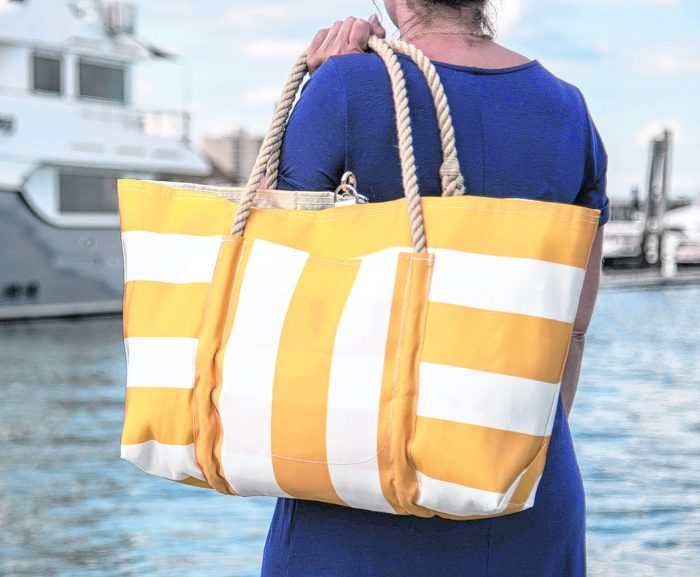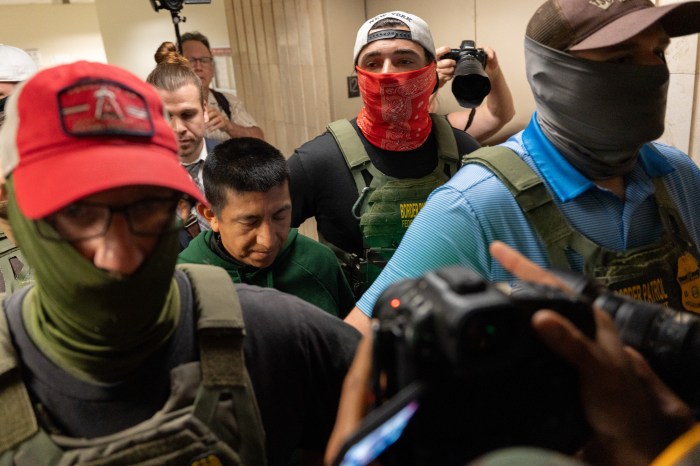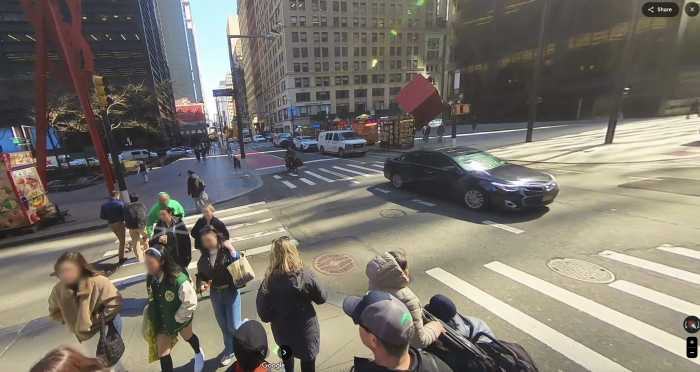 Astonishing. Remarkable. Sinister.
Astonishing. Remarkable. Sinister.
Those are words that come up again and again when confronting the wave of voter identification laws that has swept through more than 30 Republican-dominated state legislatures in recent years. The measures sound innocuous enough: When a voter shows up to the polls on Election Day, he or she must present valid photo ID in order to cast a ballot.
The goal, proponents say, is to combat in-person voter fraud—claiming to be someone you’re not and entering a vote in their name. But study after study, including an exhaustive investigation by the Arizona State University’s Walter Cronkite School of Journalism and Mass Communication, has found almost no evidence that in-person voter fraud occurs. Culling through 5,000 documents over 10 weeks, the News21 project—a national investigative reporting program funded by the Carnegie Corporation of New York and the John S. and James L. Knight Foundation—found only 10 cases of in-person voter fraud since 2000: about one case for every 15 million eligible voters.
What’s more, requiring state or federally issued ID at the polls has been repeatedly shown by independent analyses to impose a disproportionate burden on very specific demographics: the poor, the elderly, students and people of color.
“We’ve heard it time and time again; It really is a solution in search of a problem,” said Stephen Spaulding, Washington D.C.-based staff counsel for the nonprofit citizen’s lobby group Common Cause.
“We do have election administration problems in the country—with machines breaking down, assuring that votes are counted accurately—and we need to focus our attention there,” he said. “This threatens everyone’s right to a free and fair election.”
BARRED AT THE BALLOT BOX
If there’s anyone approximating a symbol of what’s wrong with what are referred to as “restrictive” or “strict” photo ID laws, it’s Viviette Applewhite. At 93 years old, Applewhite is an African-American Pennsylvanian who marched with Martin Luther King, Jr. and has cast her ballot in almost every election since the 1950s.
Her purse was stolen years ago, and with it her Social Security card. What’s more, since she was adopted as a child, the name on her birth certificate differed from that used on other official documents. Her adoption itself lacked any kind of record.
Under Pennsylvania’s voter ID law, which was passed in March 2012 and has since become a legal lightning rod in the battle over voting rights, Applewhite could not obtain the required identification to participate at the polls.
Her case, and the case of others similarly affected by the law, was taken up by the American Civil Liberties Union of Pennsylvania, the Advancement Project, the Public Interest Law Center of Philadelphia and the D.C.-based law firm Arnold & Porter. The lawsuit, which alleged the state’s voter ID law violated Pennsylvania’s constitution by denying citizens the right to vote, was denied a preliminary injunction and bounced on appeal from district court to the Pennsylvania Supreme Court, which sent the challenge back to the lower court for reconsideration.
On October 2, Commonwealth Court of Pennsylvania Judge Robert Simpson granted the preliminary injunction, allowing people like Applewhite to vote in the 2012 election without photo ID and without having to cast a provisional ballot—a measure that in the some states allows non-ID holders to vote, but which requires them to return to the polling place after the election to confirm their identity.
Barring any further litigation, Pennsylvania voters will be required to present photo IDs in future elections, but for now Applewhite and others in her situation will be free to vote as they always have. In fact, as the case was being appealed in August, Applewhite received an ID using her 20-year-old Medicare card, proof of address and a state document affirming her name and Social Security number (according to media reports, the process also required her to take two buses to the licensing office).
That’s a lot of hassle to exercise a right Applewhite has enjoyed for 60 years, but she’s not alone. According to best estimates, strict voter ID laws could effectively disenfranchise millions of voters if adopted nationwide.
According to figures from the Brennan Center for Justice at New York University, as many as 11 percent of adult U.S. citizens do not have any form of government-issued photo identification, accounting for more than 21 million people. Among that group, 18 percent of citizens 65 years of age or older don’t have government-issued photo ID (more than 6 million seniors), and, based on 2000 U.S. Census figures, more than 5.5 million African-American adults lack photo ID—a full 25 percent of eligible black voters. Meanwhile, U.S. citizens, regardless of ethnicity, age or gender, who make less than $35,000 “are more than twice as likely to lack current government-issued photo identification as those earning more than $35,000 a year,” the Brennan Center reported, adding that that means at least 15 percent of voting-age Americans in the low income bracket lack valid ID.
On top of that, the Brennan Center found in its survey that as many as 7 percent of voting-age citizens (more than 13 million adults) don’t have ready access to documents proving that they’re citizens, making the process of getting valid ID all the more complicated.
“These ID laws, and this notion that they don’t impose a cost on citizens is farcical,” said Spaulding, with Common Cause. “We know that in some states it costs money to get documents and get an ID. There are a number of voters who are in a catch-22; they’re 90 years old, they were born at home with a midwife and they don’t have a birth certificate. There’s the expense of getting those documents, there’s the expense—especially in rural areas—of making the trip to get the ID. This notion that these IDs are ‘free’ does not pass the smell test.”
But it’s on that notion that voter ID laws have been ruled constitutional.
Indiana’s restrictive voter ID law, which is seen as the test case for similar laws nationwide, was upheld by the United States Supreme Court in 2005 because it was not found to be burdensome to voters.
“Clearly that’s not the case,” Spaulding said.

































